Chenzhou, a city worth your visit
“Chen” means “a city in the forest” in Chinese. With more than 2,200 years of history, unique geographical location and profound cultural heritage, Chenzhou has won such honorable titles as Fucheng (city of blessings), Hometown (Jiahe County, Anren County) of Shennong (Emperor Yan), Birthplace of Neo-Confucianism (Rucheng County), Silver City of China (Yongxing County) and “South Gate” of Hunan.
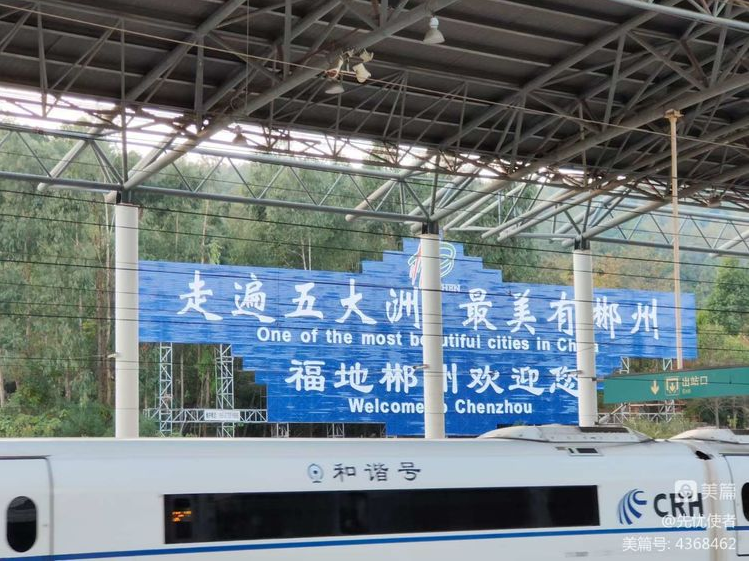
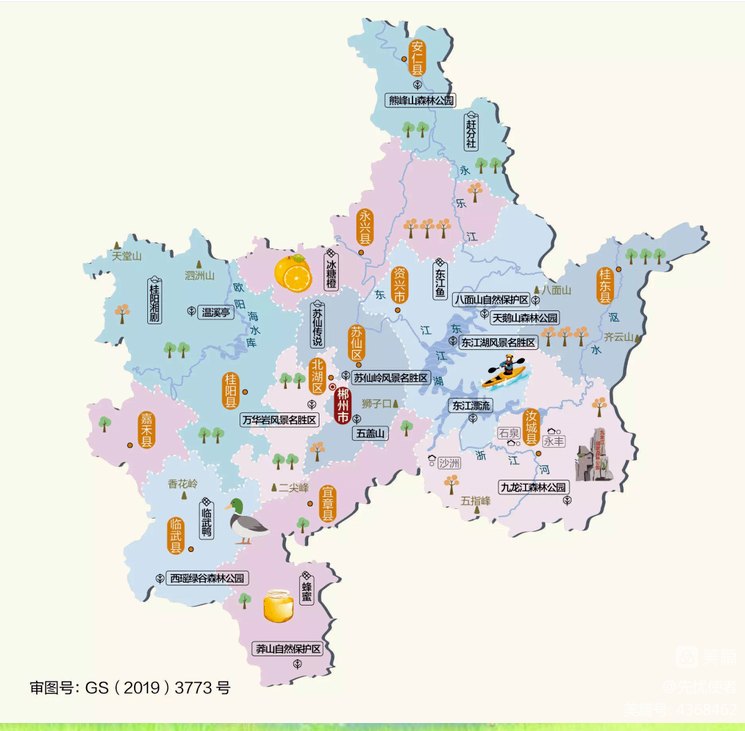
Birthplace of Chinese farming culture
Chenzhou is one of the birthplaces of Chinese farming culture. Jiahe County in the city is so named because Shennong discovered “Jiagu” (millet).
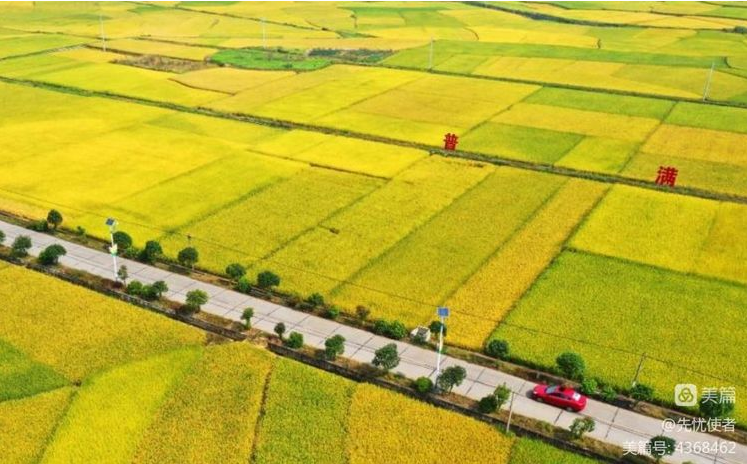
The Leishui River and Leishan Mountain are so named because Shennong and his descendants made Leisi (a tilling tool) here. Leiyang City was originally under the jurisdiction of Chenzhou, and was put under the administration of Hengyang City in 1983.
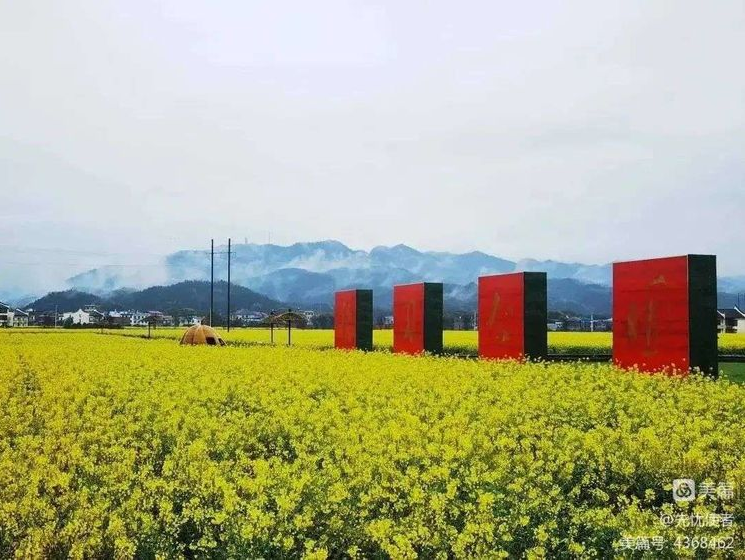
When you come to Puman Township of Jiahe in October, you will see the beautiful harvest scenes in the golden paddy fields.
Blessed place for development of Taoism and Buddhism culture
Great poets like Du Fu, Han Yu and Liu Zongyuan wrote poems about Chenzhou, which shows the experience and talent of generations of literati as well as records the indelible history and vicissitudes of this land.
Chenzhou is a blessed place for the development of Taoism and Buddhism culture. Su Dan, who was good at medicine and knew many kinds of herbs, cured plague by boiling orange leaves in well water and finally became an immortal, which has been widely spread among people.
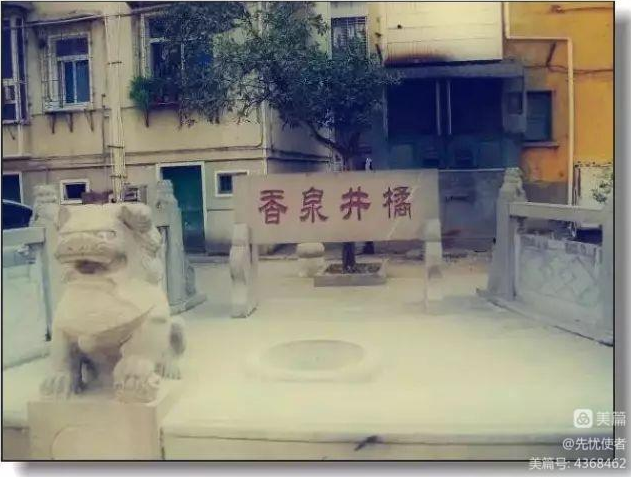
Han Yu, one of the Eight Great Scholars in Tang and Song Dynasties, was so impressed by the beautiful scenery when he traveled along the Bianjiang River of Yongxing County that he left a famous stone carving here.
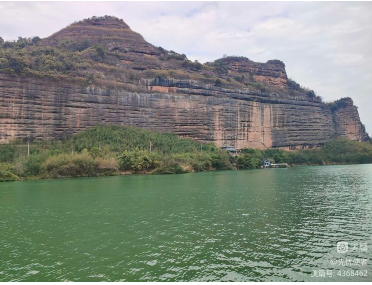
Half a Quilt
In November 1934, the Red Army crossed Luoxiao Mountains along a winding mountain road to Rucheng County in the Long March. Three female Red Army soldiers stayed at the home of Xu Jiexiu in Shazhou Village, Rucheng County. But Xu’s family was so poor that they didn’t even have a quilt. The female Red Army soldiers kept only one quilt in the forced march. Xu and the three female soldiers covered the quilt and slept on one bed.
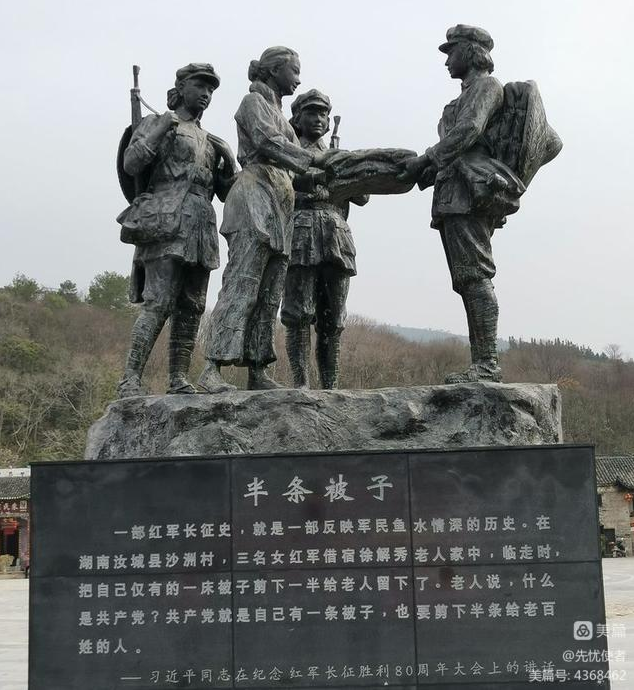
Early in the morning a few days later, when the female soldiers were leaving, they decided to give the only quilt to Xu. But Xu didn’t accept it no matter how they persuaded her. So they cut off half of their quilt and left it for Xu.
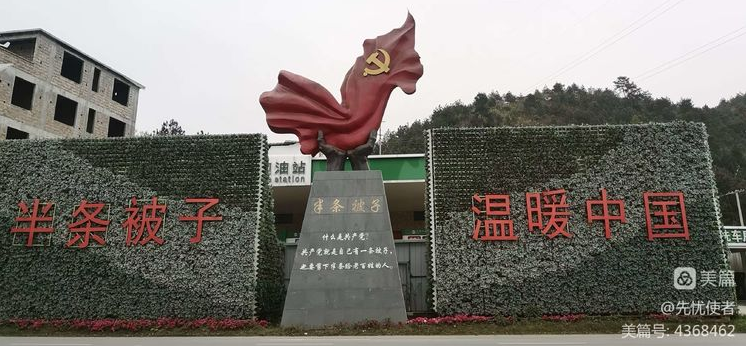
Now the story “Half a Quilt” which took place in Shazhou Village, Wenming Township, Rucheng County has been widely known by people. Every year, there is an endless stream of tourists who come here to receive red education and soak up the revolutionary spirit.
City of Heroes
Chenzhou is a “City of Heroes” with glorious traditions. It has been endowed with a galaxy of talents such as the academicians Zhou Xiangyu, Zhong Xunzheng and the famous lyricist Wang Yougui.
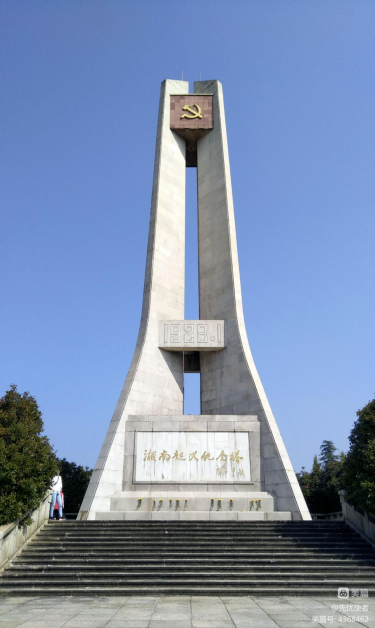
There was close connection between Chenzhou City and Chinese women volleyball team who won five successive championships from 1981 to 1986. As their training base during this period, Chenzhou City witnessed the hard work and progress of the team.
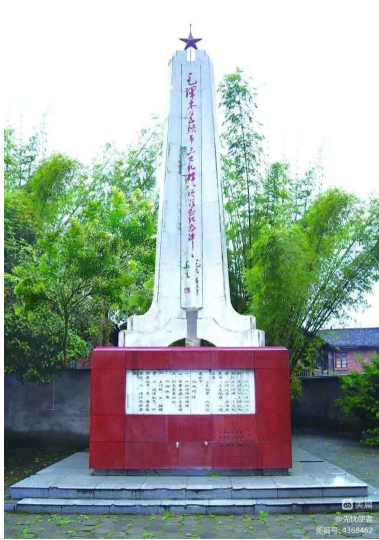
In the new era, a new generation of young people who are pioneering and dauntless have also sprouted up in Chenzhou.
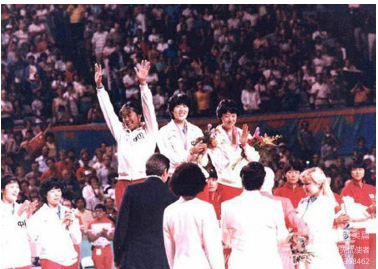
Diversified intangible cultural heritage culture
Chenzhou ranks first in the province in the number of national intangible cultural heritage (ICH) items. It has such national ICH items as Hunan Kun Opera, Rucheng Burning Incense Dragon Dance, Guiyang Xiang Opera, Yizhang Night Story, Anren Market-day, Linwu Nuo Opera, Zixing Votive Ceremony and Jiahe Wedding Songs.
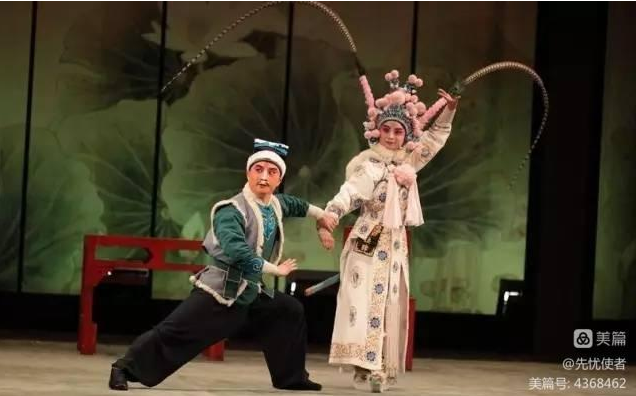
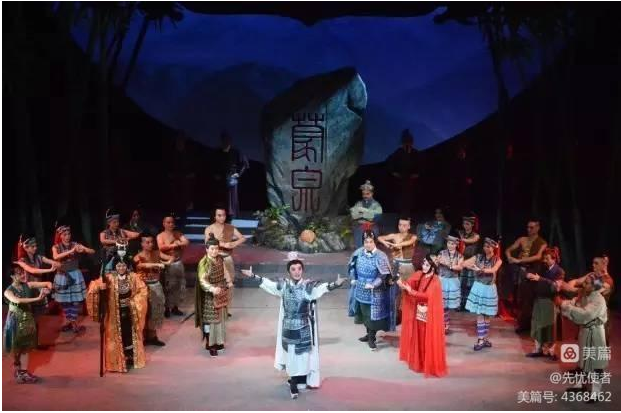
Flavorful food
Chenzhou is famous for its local delicacies, like Dongjiang Fish, Linwu Duck, Qifengdu Fish Rice Noodles, Guiyang Diced Pork in Pot and Guidong Yellow Glutinous Rice Cake.
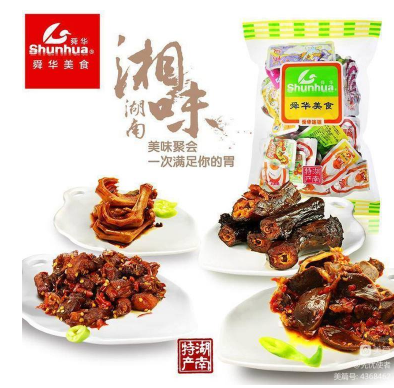
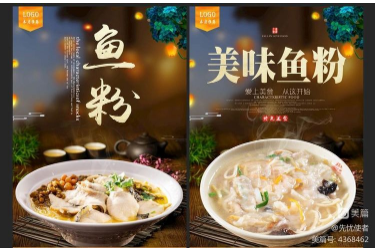
Rich tourism resources
Chenzhou is rich in tourism resources, including mountains, rivers, grasslands, karst caves, forests, ancient villages and hot springs.
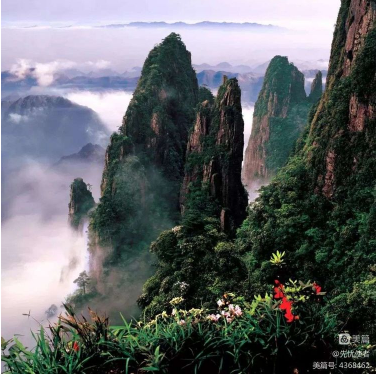
Mountains: Mangshan Mountain, Suxian Ridge, Wugai Mountain, Feitian Mountain, Wangxian Ridge, Gaoyi Ridge, etc.
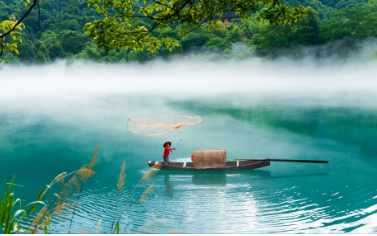
Rivers: Dongjiang Lake, Chenjiang River, Yangtian Lake, Bianjiang River
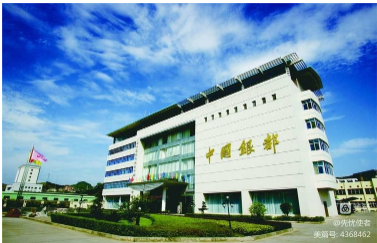
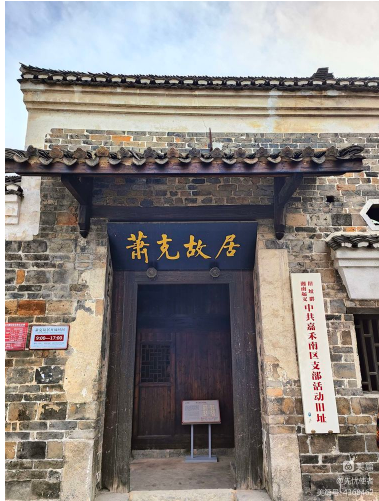
Karst caves: Wanhuayan, Linwu Dragon Cave, etc.
Parks: Xiongfeng Mountain National Forest Park, Jiulong River National Forest Park, North Lake Park, Baoshan National Mine Park, Ailian Lake Park, Yongxing People’s Park, etc.
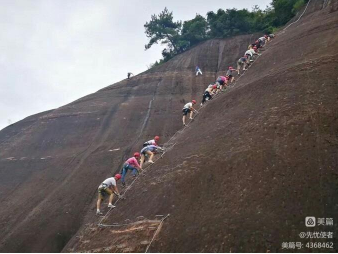
Ancient villages: Miaoxia Ancient Village, Jinshan Ancient Village, Shangqiao Ancient Village, Zhuyuanxia Village, Layuan Ancient Village, Banliang Ancient Village, etc.
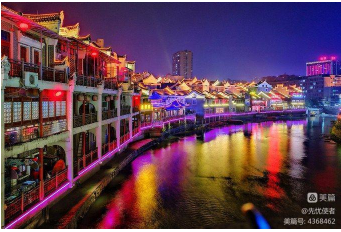
Hot springs: Reshui Town Hot Spring in Rucheng County, Mangshan Mountain Forest Hot Spring, Yuelai Hot Spring, Jiahe Yuzhong Hot Spring, Longnyu Hot Spring, etc.
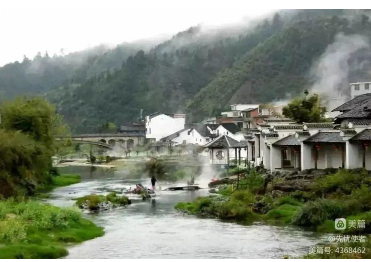
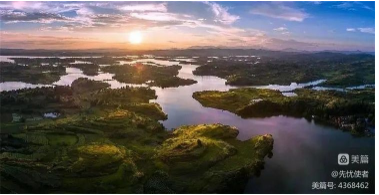
Buddhist temples: Donglin Temple, Guanyin Rock, Guoling Temple, Shoufo Temple, Longhua Temple, etc.
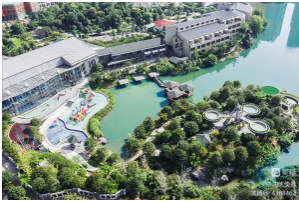
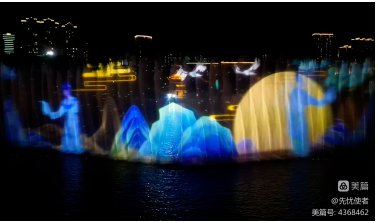







 湘ICP备13003667号
湘ICP备13003667号
